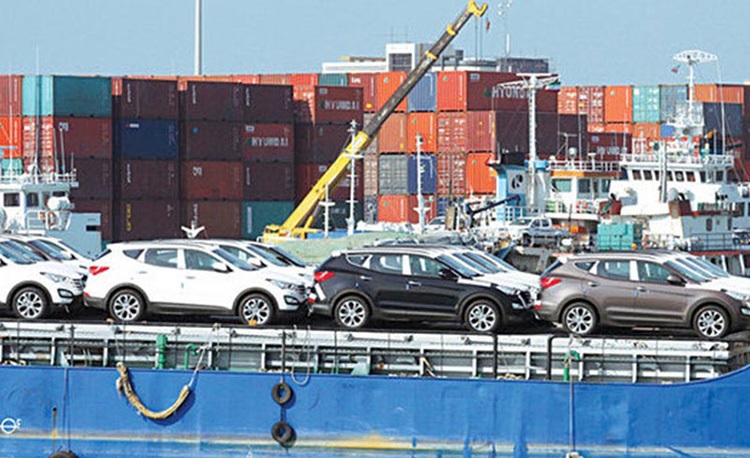The Crucial Role of JAAI and JEVIC Certifications in Importing Japanese Used Cars
When it comes to importing vehicles from Japan, ensuring their quality and safety is essential. In Sri Lanka, as well as in markets like the UK, the certifications of JAAI (Japan Auto Appraisal Institute) and JEVIC (Japan Export Vehicle Inspection Center) play a critical role in ensuring that imported vehicles meet high standards. Understanding how these certifications work can help prevent costly mistakes when purchasing a used car from Japan.

What are JAAI and JEVIC?
JAAI Certification
The Japan Auto Appraisal Institute (JAAI) is an important body in the used vehicle industry, responsible for inspecting and certifying vehicles before they are exported. Established in 1966, JAAI conducts a thorough inspection of used vehicles, ensuring they meet Japan’s rigorous safety and quality standards. The inspection includes evaluating the vehicle’s structural integrity, appearance, and functionality. Vehicles that pass these checks receive a JAAI certificate, which offers peace of mind to buyers about the condition of their vehicle. Importantly, JAAI certification is mandatory for vehicles exported directly from Japan through authorized agents (jctjapan.blogspot.com).
JEVIC Certification
The Japan Export Vehicle Inspection Center (JEVIC) plays a complementary role in the used car export industry, with a particular focus on odometer verification. This ensures that the mileage readings on the imported vehicles are accurate and have not been tampered with. JEVIC conducts a detailed inspection, reviewing both the physical condition of the vehicle and its odometer readings to confirm authenticity. This service is crucial for maintaining transparency in the market, offering buyers reassurance about the vehicle’s true mileage (andrewsjapanesecars.com).
Why Are These Certifications Important for Importing to Sri Lanka and the UK?
For Sri Lankan importers, buying a used vehicle that has passed the JAAI or JEVIC inspection can be far more beneficial than purchasing a vehicle from an unverified source. Most of the brand-new Japanese vehicles come through local agents who work directly with manufacturers, ensuring high standards. However, when buying used vehicles, especially those arriving through auction houses or private sales in Japan, it’s crucial to ask for both the Auction Inspection Sheet and certifications like JAAI or JEVIC.

Vehicles with JAAI or JEVIC certifications come with verified records, which not only simplify customs procedures but also increase the vehicle’s resale value. Furthermore, these certifications help to avoid disputes related to the condition or mileage of the vehicle, as they provide transparency.
For UK importers, these certifications serve as an assurance of quality and authenticity, which is essential for legal compliance and resale in a highly regulated market. With increasing demand for Japanese used cars globally, certification guarantees that the vehicles meet industry standards and are in the best possible condition before they arrive at their destination.
Key Takeaways
Inspection and Certification
JAAI and JEVIC inspections ensure that vehicles meet high standards for safety, quality, and authenticity.
JAAI focuses on the vehicle’s overall condition, while JEVIC specializes in verifying the accuracy of the vehicle’s mileage.
Benefits for Importers
For importers, having access to certified vehicles reduces the risk of purchasing cars with hidden issues.
Certified vehicles simplify customs processes and enhance resale opportunities by guaranteeing quality and transparency.
Certification Availability
Both JAAI and JEVIC certificates are easily accessible online. Importers can verify certification by checking the vehicle’s chassis number on official websites to ensure authenticity.
Peace of Mind
With the right documentation, such as JAAI or JEVIC certificates, importers can confidently proceed with their purchases, knowing the vehicle meets all the necessary standards for safety and quality.
In conclusion, understanding and obtaining JAAI and JEVIC certifications when importing a used vehicle from Japan is essential. These certifications not only confirm that the vehicle meets necessary safety and quality standards but also protect the buyer from potential risks, making them a must-have for anyone looking to import a used car from Japan.







